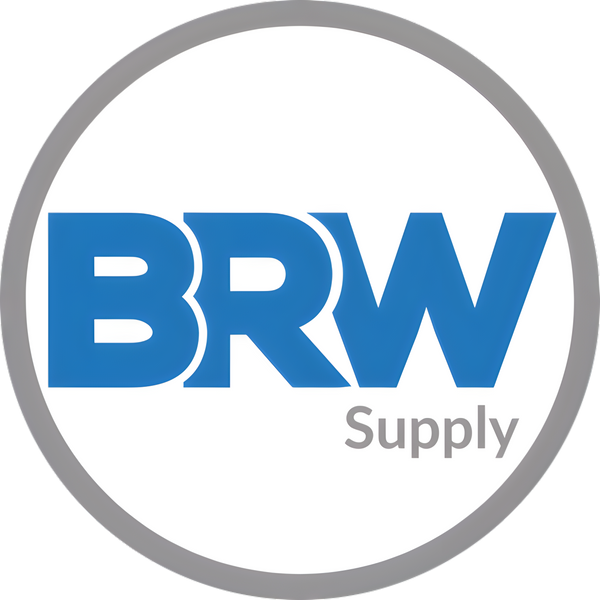Care & Maintenance
1. Tools Care
a. Cleaning
- Wipe tools clean with a damp cloth after each use to remove dirt, grease, and debris.
- For stubborn residue, use a mild detergent and water; avoid submerging tools unless specified.
- Dry tools thoroughly to prevent rust or corrosion.
b. Lubrication
- Regularly oil moving parts (e.g., hinges, joints, or gears) with a high-quality lubricant to ensure smooth operation.
- Follow manufacturer instructions for lubrication frequency and type.
c. Storage
- Store tools in a dry, cool place away from direct sunlight and moisture.
- Use toolboxes, wall mounts, or cases to organize and protect tools from damage.
d. Inspection
- Periodically check for wear and tear, including loose screws, cracks, or rust.
- Replace or repair damaged tools promptly to avoid accidents.
2. Safety Equipment Care
a. Personal Protective Equipment (PPE)
- Helmets: Clean with mild soap and water; inspect for cracks or damage before each use. Replace if damaged.
- Gloves: Wash reusable gloves according to care labels; discard disposable gloves after use.
- Goggles and Glasses: Clean lenses with a non-abrasive cloth and lens cleaner to maintain clear vision.
b. Maintenance Tips
- Store PPE in a clean, dry area to avoid contamination or damage.
- Regularly inspect straps, fasteners, and padding for signs of wear.
c. Replacement Schedule
- Replace PPE as recommended by the manufacturer or when showing signs of wear, damage, or degradation.
3. Power Tools
a. Cleaning
- Use compressed air or a soft brush to remove dust and debris from vents and components.
- Avoid using water to clean electrical parts; use a damp cloth for exterior surfaces.
b. Maintenance
- Check and replace worn-out parts, such as blades, bits, or belts.
- Keep power cords untangled and inspect them for damage before use.
- Follow the manufacturer’s manual for regular maintenance schedules.
c. Battery Care
- Charge batteries fully before use and avoid overcharging.
- Store batteries in a cool, dry place when not in use.
- Replace batteries showing signs of reduced performance or physical damage.
4. Hardware Supplies
a. Storage
- Store nuts, bolts, screws, and other hardware in labeled, airtight containers to prevent rust.
- Keep items organized by size and type for easy access.
b. Rust Prevention
- Apply a thin layer of anti-rust spray or oil to metal components that are prone to corrosion.
- Keep hardware supplies in a moisture-free environment.
5. General Tips
- Follow product-specific care instructions provided in the user manual or packaging.
- Invest in proper storage solutions to prolong the lifespan of your equipment.
- Never attempt repairs or modifications that are beyond your skill level—consult a professional when needed.
Need Assistance?
If you need to restock spill control products or require guidance on their use, contact us at:
📧 support@brwhealth.com
📞 1-800-BRW-HEALTH
